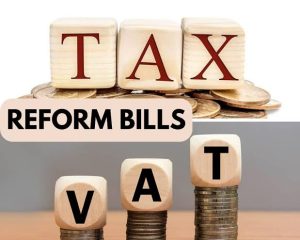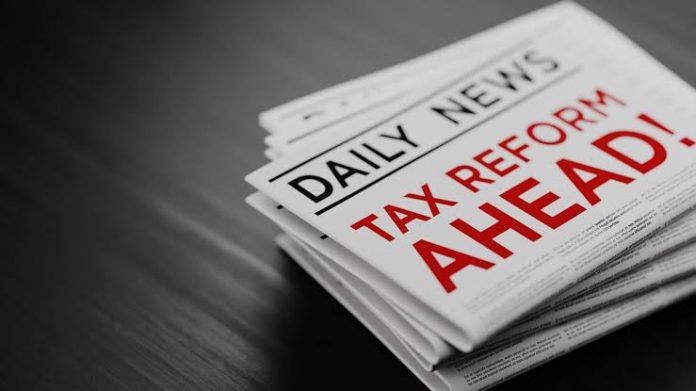The recently proposed tax reform bills in Nigeria have stirred intense discussions among citizens and stakeholders. While some Nigerians commend the initiative as a step toward a fairer tax system, others express concerns about its potential economic impact. The bill, which introduces significant changes to the country’s tax structure, aims to implement a progressive tax regime that ensures individuals and businesses contribute to national revenue based on their earnings.
Under the proposed framework, individuals earning up to ₦800,000 annually will be exempt from paying taxes, providing relief to low-income earners. For those earning above this threshold, the tax rate gradually increases based on their income level. The next ₦2,200,000 of income will be taxed at 15%, followed by 18% for the subsequent ₦9,000,000. Higher earners will pay 21% on the next ₦13,000,000, while those with incomes exceeding ₦25,000,000 will face a 23% tax rate. For the wealthiest individuals with annual earnings above ₦50,000,000, the tax rate is set at 25%.
This system aligns with the principles of a progressive tax regime, where higher-income earners contribute a larger share of their earnings to the government compared to those with lower incomes. Supporters of the reform argue that it promotes economic equity by ensuring that the burden of taxation is distributed more fairly. They believe that such a system could help reduce income inequality, boost government revenue, and fund essential public services.
However, the proposed changes have not been without controversy. Critics warn of potential downsides, including reduced disposable income for middle- and high-income earners, which could dampen consumer spending and affect business investments. Others have raised concerns about Nigeria’s existing challenges with tax compliance and administration, questioning whether the government can effectively implement the new regime.
Despite these reservations, the government maintains that the reform is essential for Nigeria’s economic growth. Officials emphasize that the bill aims to create a balanced and sustainable tax system that can support critical sectors such as infrastructure, education, and healthcare.
As the debate continues, Nigerians are closely watching how the proposed reforms will be finalized and what measures will be put in place to address public concerns. The outcome of these discussions will shape not only the nation’s taxation landscape but also its broader economic trajectory.




